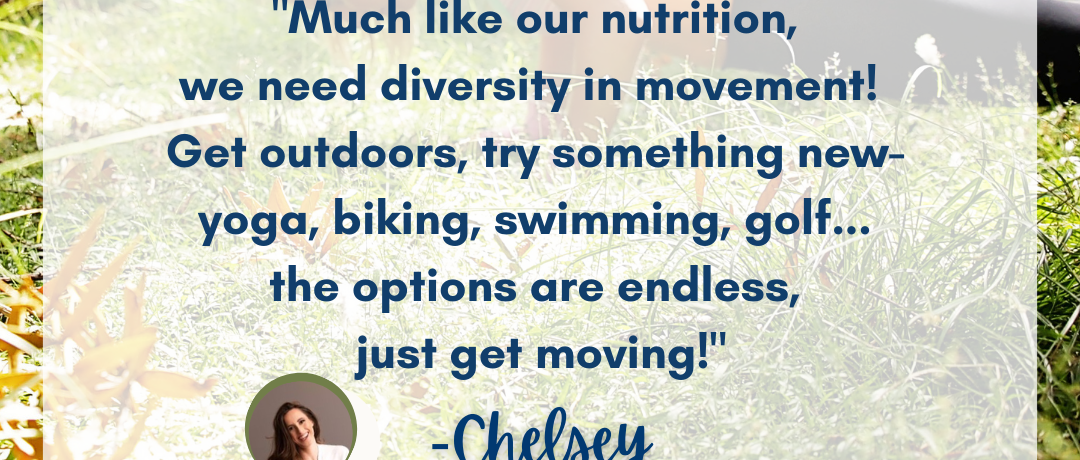
Inflammation, while a natural response of the body to injury or infection, can become chronic and harmful when it persists over time. Chronic inflammation has been linked to a range of health issues, including heart disease, diabetes, and autoimmune disorders. Fortunately, adopting a healthy lifestyle that includes regular physical activity can play a crucial role in reducing inflammation and promoting overall well-being. In this blog post, we’ll explore a variety of exercises that can help you combat inflammation and enhance your quality of life.
- Aerobic Exercises
Aerobic exercises, also known as cardio workouts, are excellent for reducing inflammation and improving cardiovascular health. These exercises increase blood flow, improve oxygen delivery, and enhance the body’s ability to remove waste products. Engaging in activities such as brisk walking, jogging, swimming, cycling, and dancing for at least 150 minutes per week can significantly reduce inflammation markers in the body.
- Strength Training
Strength training exercises not only help build lean muscle mass and increase metabolism but also contribute to lowering inflammation. Engaging in resistance exercises, such as weightlifting, bodyweight exercises, or using resistance bands, can improve insulin sensitivity and reduce markers of inflammation. Aim for two to three strength training sessions per week, targeting different muscle groups.
- Yoga
Yoga is a holistic practice that combines physical postures, breath control, and meditation. It has been shown to reduce stress, which is closely linked to inflammation. Regular yoga practice has been found to decrease inflammatory markers, such as C-reactive protein (CRP) and interleukin-6 (IL-6). Incorporating yoga into your routine can help manage stress, promote relaxation, and alleviate inflammation.
- Pilates
Pilates is another low-impact exercise that focuses on core strength, flexibility, and body alignment. It can improve posture and reduce musculoskeletal imbalances, which can contribute to inflammation. Pilates also emphasizes controlled breathing, which can help reduce stress and inflammation. Including Pilates sessions in your weekly routine can aid in inflammation reduction and enhance overall physical well-being.
- Tai Chi
Tai Chi is a mind-body practice that combines flowing movements, deep breathing, and meditation. It has been shown to improve balance, flexibility, and mental clarity while also reducing inflammation. Regular Tai Chi practice has been associated with decreased levels of inflammatory markers and improved immune function. Engaging in Tai Chi can promote relaxation, reduce stress, and contribute to a healthier inflammatory response.
- High-Intensity Interval Training (HIIT)
High-Intensity Interval Training involves alternating between intense bursts of exercise and periods of rest or low-intensity activity. HIIT has gained popularity due to its time efficiency and effectiveness in improving cardiovascular fitness and metabolism. Studies have shown that HIIT can help reduce inflammation by improving insulin sensitivity and mitochondrial function. Incorporate HIIT workouts into your routine, but ensure proper warm-up and gradually increase intensity to avoid overexertion.
Conclusion
Regular physical activity is a powerful tool in the fight against chronic inflammation. Engaging in a variety of exercises, including aerobic workouts, strength training, yoga, Pilates, Tai Chi, and HIIT, can help reduce inflammation markers and promote overall health. Remember, consistency is key, so find activities you enjoy and gradually increase your exercise routine to achieve lasting benefits. Always consult a healthcare professional before starting a new exercise regimen, especially if you have existing health conditions. By incorporating these exercises into your lifestyle, you can take proactive steps toward managing inflammation and enjoying a healthier, more vibrant life.





